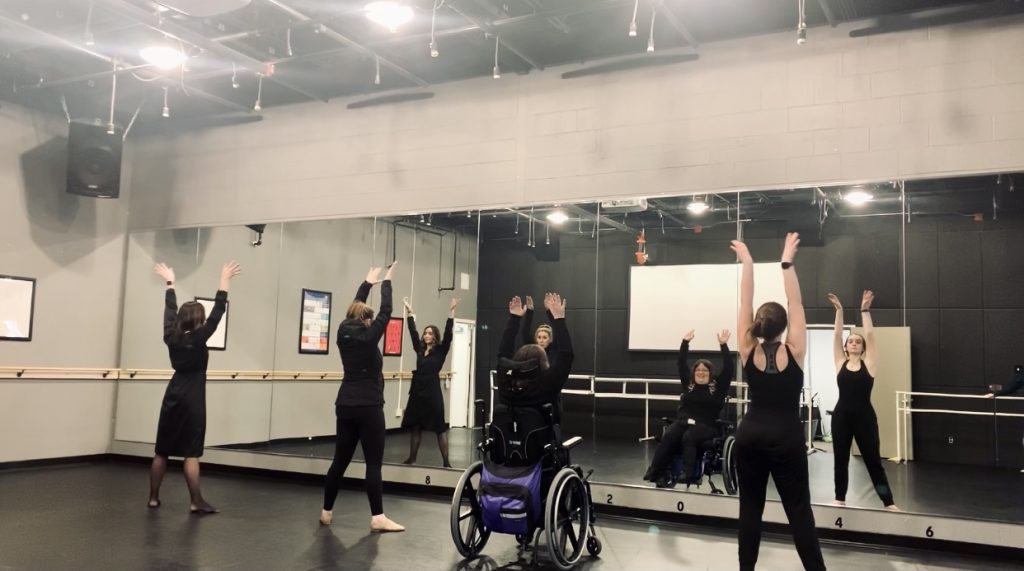Ending the national shortage of caregivers will take work from all of us—but together, we can achieve our goals! Whether you’re a professor, department head, or student activities coordinator, there are so many ways that you can get involved with the CIP and help improve in-home care in Marquette, the UP, and beyond.
11 Ways Your Educational Institution Can Help the CIP
Here’s how your high school, college, or university can take action today to end this crisis and ensure that quality care is available whenever someone in your life needs it.
1. Partner with Us
Partner with the Caregiver Incentive Project to be a part of the fix. Learn more about our current partners and contact us to become one!
2. Culture Shift
Make being part of the fix part of your institution’s culture.
3. Let Us Help
Provide a platform for CIP to inform your faculty, employees, and student body about:
- The shortage of in-home caregivers and that it is a national crisis.
- Availability of scholarships and grants from CIP to students for working as an in-home caregiver.
- The possible individual benefits from working as an in-home caregiver.
- That these are paying jobs in the local community, near colleges and back home.
4. Credits
Encourage students’ participation in solving this crisis. Give college credits for:
- Leadership
- Public service
- Volunteering
- Community involvement
- Hours worked
- Tasks performed while working
5. Job Shadowing
Establish a job shadowing program for high school students to pair with an in-home caregiver.
6. Volunteering
Establish a volunteer program. Perform tasks for their communities’ elderly, sick, and adult disabled living in their home—such as yard work, snow shoveling, odd jobs, window washing, picture hanging, etc.
7. Incentives
Establish incentives for student participation in being part of the solution. (This is a big part of the CIP’s mission, vision, and approach!)
8. Internships
Establish an internship program.
9. Pre-Reqs
Make working as an in-home caregiver a prerequisite to advancing in certain college or specific fields. For example, make it a 100 class needed before a 200 class.
10. Inspire
Inspire students to serve others that are in need.
We can help there, too—please feel free to download our videos and share them with your classes. If you’re interested, we can also set up a Caregiver Academy training class specifically for your course, student group, or other university setting.
What Benefits Do Students Get from Working as an In-Home Caregiver?
1. Career Experience
For those seeking careers in medical, social work, clergy, physical therapy, special education and others:
- Real-world hands-on experience working with the elderly, sick, and adult disabled
- Understanding of the care system by assisting with and coordinating with family, doctors, and case workers
- Personal experiences that provide insights into whether and how your chosen degree and future career will truly “fit you”
2. Funding
Scholarships and grants that pay on your student debt even if you’ve already graduated.
3. Perspective and Empathy
Even if an in-home caregiver’s duties don’t fit directly into their chosen degrees, students can gain a perspective on part of their community that many have never thought of.
4. Satisfaction
Have that feeling that only serving others and making a positive difference in someone’s life can bring you.
5. Resume
Good resume material.
5. Paycheck
Receive a paycheck.
Contact the CIP to See How We Can Work with You!
At the CIP, we’re grateful to have grassroots support for improving in-home care in Marquette and across the Upper Peninsula. We’d love to work with your high school, college, or university to figure out how you can be part of the fix.
Please contact us or check out our current partners, sponsors, and supporters.





